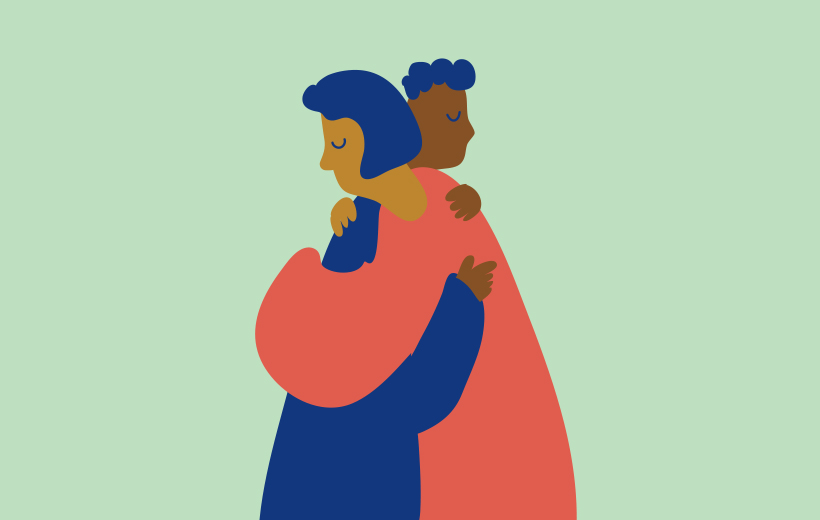Ahem… Where are the Results of My Practice?
By Stephanie Wagner • 3 min read

In today’s fast-paced world, everything is at our fingertips. From instant messaging to same-day delivery, the culture of quick returns has permeated every aspect of our lives. This rapid gratification can foster impatience and can condition us to expect immediate responses and instant results in all areas of life–including our meditation practice.
Reflecting on my own meditation practice, I can see how many expectations I had initially. During one meditation retreat, I asked Mingyur Rinpoche a question: “Rinpoche, I’ve been practicing for many years, and I’m still an anxious mess. I must be doing it incorrectly because I should not be anxious anymore at this point.” Rinpoche quickly assured me that as long as I was aware of my anxiety and not a “zombie,” I was doing the practice correctly. He encouraged for me to keep practicing and said I would experience results through time and consistency.
Fast forward 20+ years later, I now look back at that anxious version of me when I was still early in my practice, and I see how much I’ve changed as a result of meditating consistently. I am no longer chronically anxious. I have what I would call normal “situational” anxiety. As Rinpoche points out in this video, change happens as a result of our practice; it just might not be the way we think it will be. This is certainly true of my own practice.
Although meditation is definitely a long game, research has shown that we can experience the benefits of practice in as little as 4-5 minutes a day. This can run counter to a common misconception that we must practice for long periods of time to experience the benefits of meditation.
This is why strategies to help develop a habit can be very helpful.
While the allure of instant gratification can make us impatient in our practice, it can be helpful to put our energy into meditating consistently and trust that the results will follow through time. Remember Rinpoche’s advice that we can practice anywhere, anytime, and it doesn’t need to take long. Change will unfold if we can practice being patient in an impatient world.
June 2024
Stephanie Wagner is a board-certified health and well-being coach (NBC-HWC) with a Master of Arts from the University of Minnesota in Integrative Health and Well-being Coaching. In addition to her work at Tergar, she is the Director of Learning and Development for a nonprofit Healthy Minds Innovations, founded by renowned neuroscientist Dr. Richard Davidson.
Learn meditation under the skillful guidance of world-renowned teacher Yongey Mingyur Rinpoche at your own pace.


Shifting from empathy to compassion activates brain regions linked to positive emotions, social connection, and reward, similar to those engaged in joy or pleasure.

When you’re a child, you have specific opportunities; when you grow up, you have other, different prospects and alternatives. When you’re elderly, there are still more particular life experiences to take pleasure in. If you enjoy all these moments, you will feel very content.

From sleepless nights to unexpected ease, this reflection explores how letting go of the need to sleep can transform our relationship with rest.
If you enjoyed reading our articles, please join our mailing list and we’ll send you our news and latest pieces.